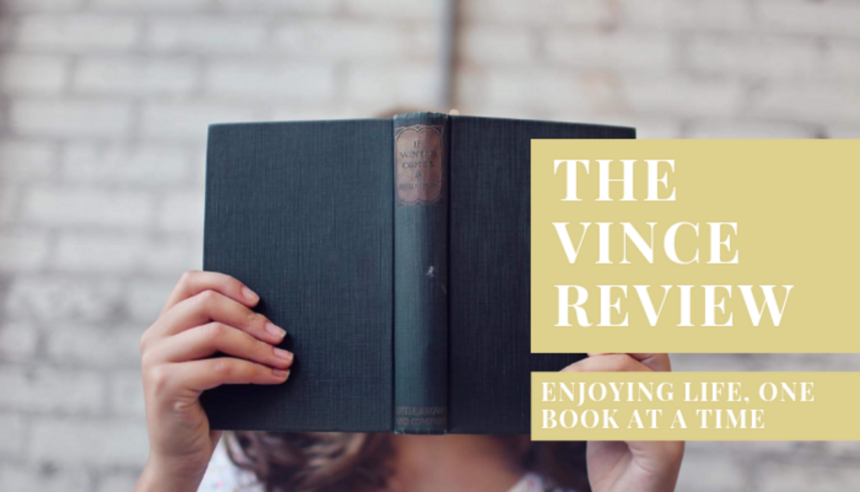Thursday, November 23, 2017
Reading is Virtual Tourism
I once read a long essay by Anna Quindlen entitled, How Reading Changed my Life. She described her childhood, when she had no means of getting anywhere new or different, and curling up in a chair with a good book made her feel like a world class traveller. Years later, when she became a successful author with many opportunities to travel widely, she figured out something surprising. It turns out she enjoyed the actual experience no more than the virtual travel she took from her armchair when she was young.
My favourite quote from that essay is, "I went to Tara and Manderley and Thornfield Hall, all those great houses with their high ceilings and high drama, as I read Gone with the Wind, Rebecca and Jane Eyre." (You may also like my thoughts about literary houses that perish.)
I get what she meant. When I visited England in my youth, seeing the wonderful spread of London's buildings from the air as we approached Heathrow airport felt surreal. It seemed like a homecoming, even though I'd never been there. At the time, I wondered if the British blood of my ancestors was stirred by the sight. But in retrospect, I think it seemed so familiar already because I knew the sights through reading books. They looked like the streets where Wendy and her brothers lived in Peter Pan, or Michael and Jane in Mary Poppins. And I was to find that boarding the underground tube trains was like entering a Monopoly game or classic novel.
That strange sense of recognition has occurred at other times too, with places there is no way I could possibly have any blood ties with. Mere words on a page seem to have wedged them into my psyche. To mention just a few, there was a fantasy trilogy which reminded me first of Spain and later the Middle East, which I've never visited. There was also a story about a brother and sister who travelled from New Jersey, on the east coast of the United States, to Portland on the west. I recognised the changing features of different states they passed through, purely from reading, hearsay and television. I've never been to America for real, and probably never will.
With all this in mind, I came across an article entitled, 'Your Brain on Books.' It tells us that reading about a place or incident is almost the same as living it. Our brains actually believe they have experienced the things we read about. They make no distinction between reading about something and actually living it. In fact, whether you are reading about a place or standing there in the flesh, the same neurological regions of the brain light up when examined. Wow, that's pretty convincing proof that the worlds of novels can enter our thoughts and feelings so that they become part of us.
I've got to admit that given the choice, I'd still rather visit fantastic, exotic, far-away places than just read about them. I'd pack up a suitcase and leave in flash if I could. However, since that's unlikely to happen, I'm glad it's been shown that reading is a far, far better substitute than I'd ever imagined. Experts tell us to write about what we know. And it turns out that each of us, especially if we're readers, may know far more than we ever thought.
It's very cool. The quote that says, 'I read not because I don't have a life but because I choose to have many' may be truer than we think. And Emily Dickinson, who lived for years as a recluse in her own house, wrote, 'There is no frigate like a book to take us to lands away, nor any coursers like a page of prancing poetry.' I'm sure she knew that very well through personal experience. And as for the places in the signpost above, the fact that our imaginations can whiz us straight to them is stunning. The signpost is in the bookshop of my new local shopping centre, and I thought how great it is that I can say I've been to many of those places. (You may also like A Good Story Belongs to Everyone.)
Where are some of the best places you've visited through the pages of a book?
Subscribe to:
Post Comments (Atom)


No comments:
Post a Comment